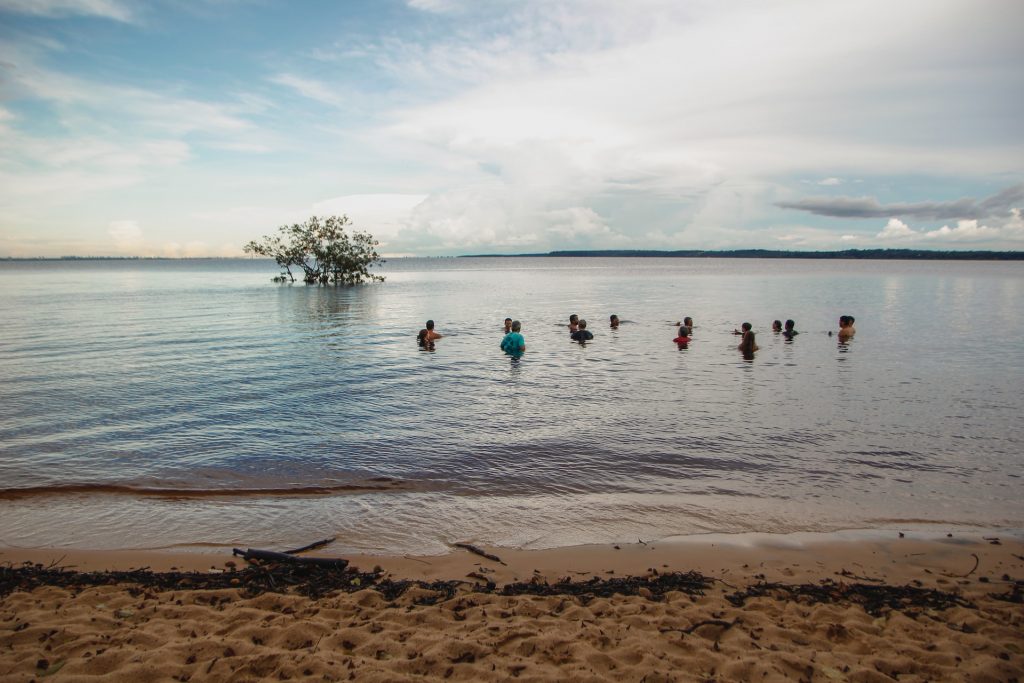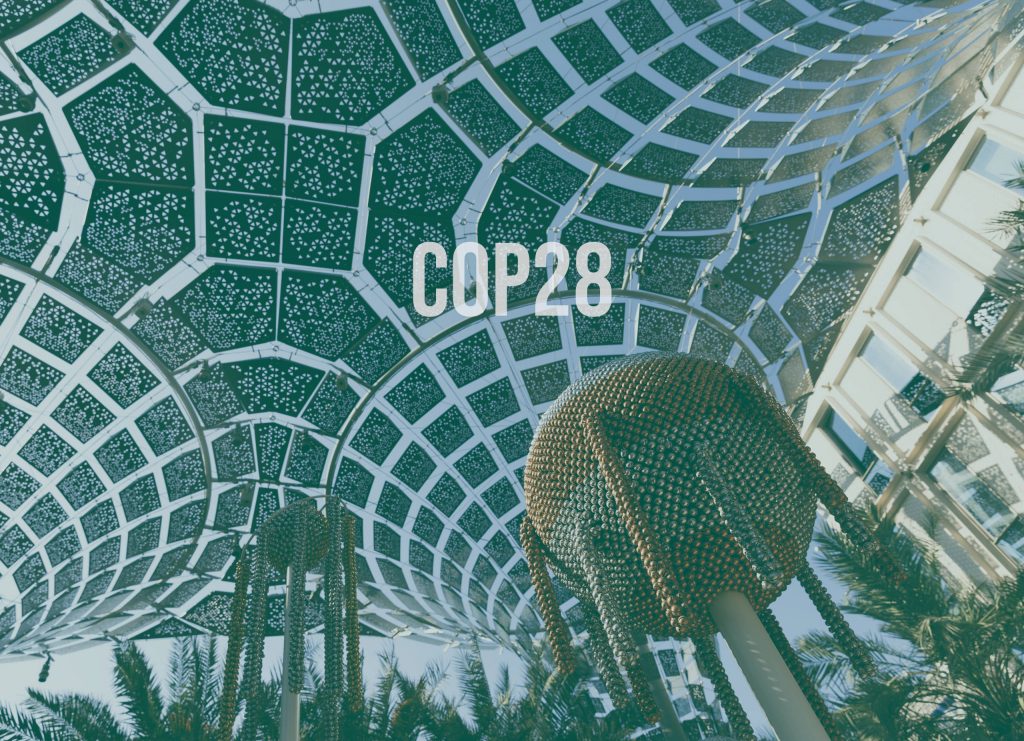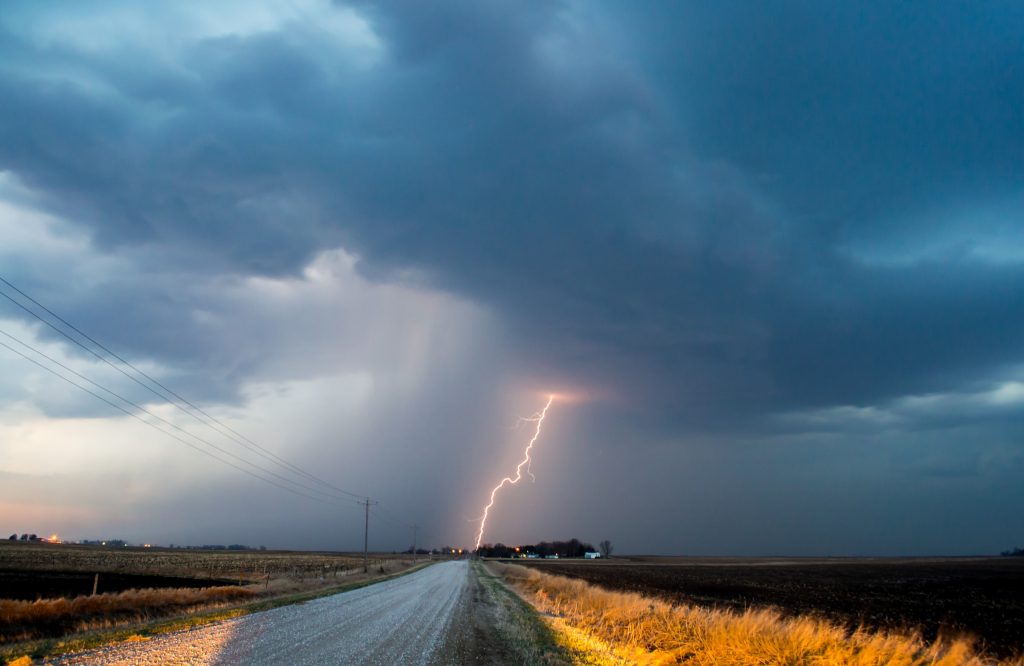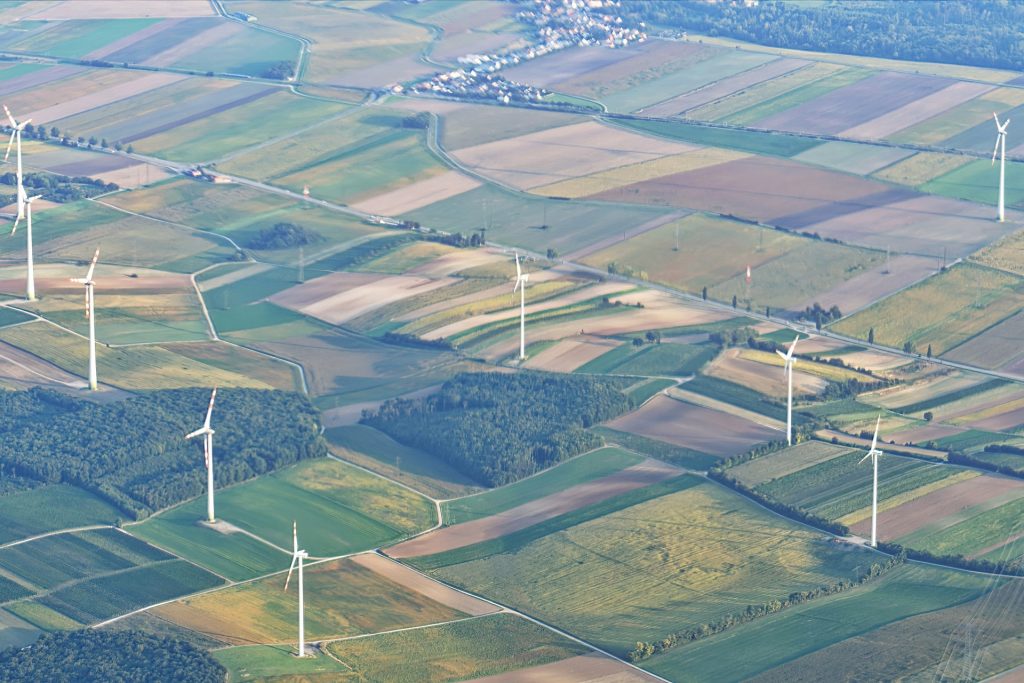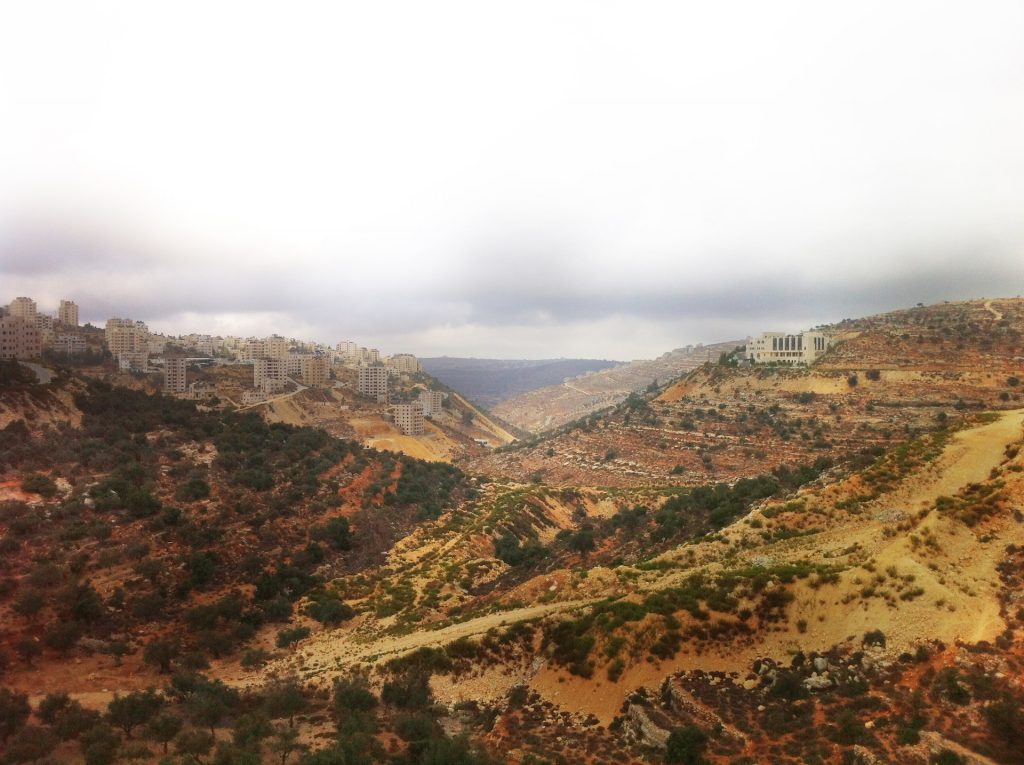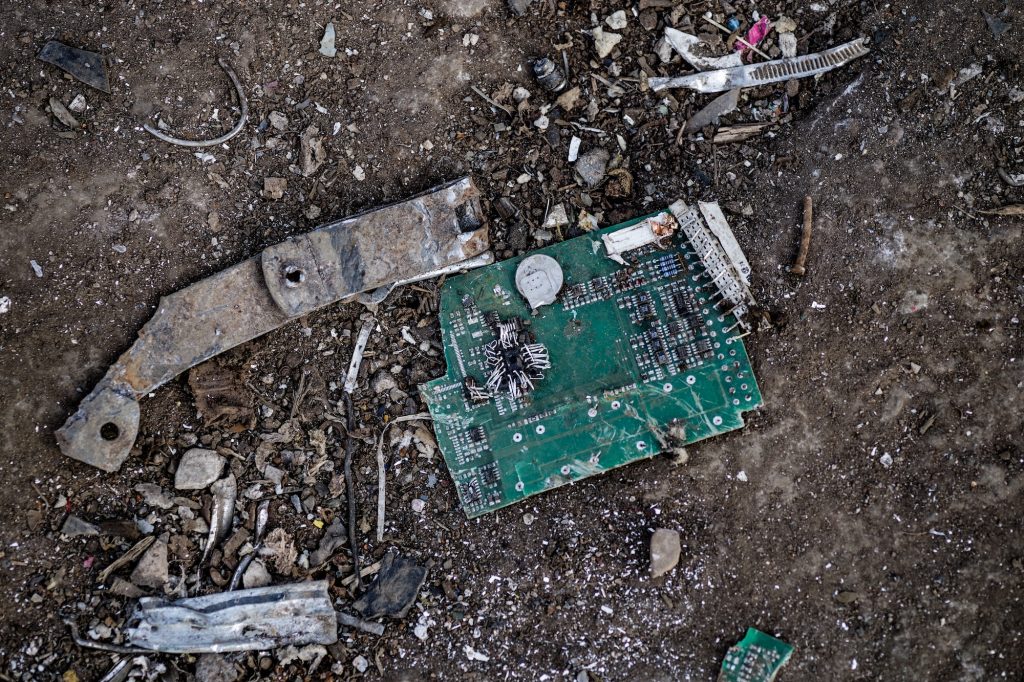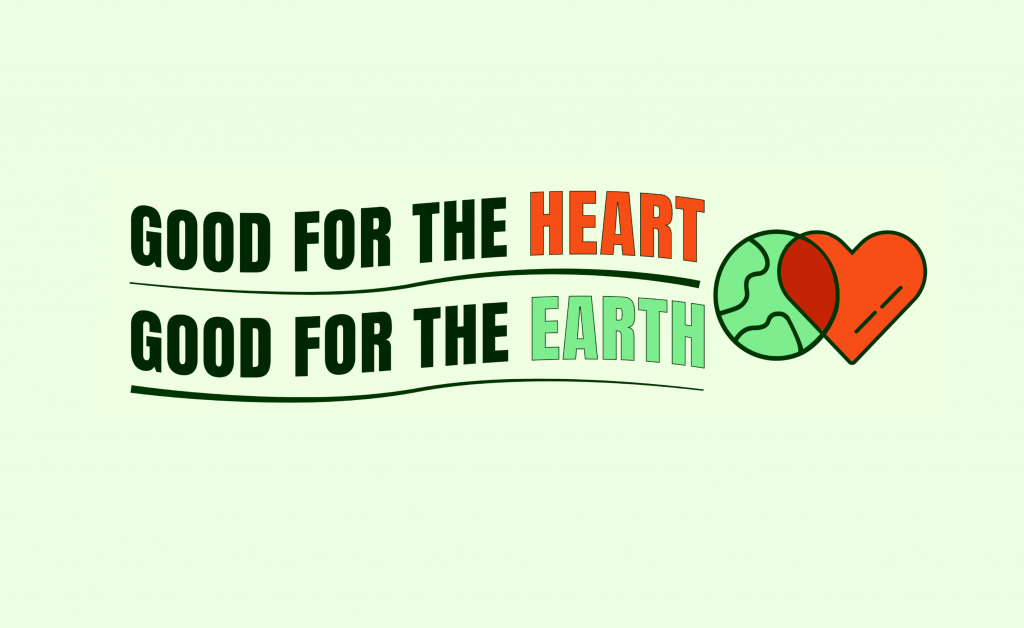
Science and knowledge: The keys to a healthy Ocean Decade
As the global community grapples with the urgency of preserving one of the planet’s most vital resources, the Ocean Decade Conference is striving to put science at the center of the process. Has the latest conference in Barcelona shown how to deliver the science we need for the ocean we want?

